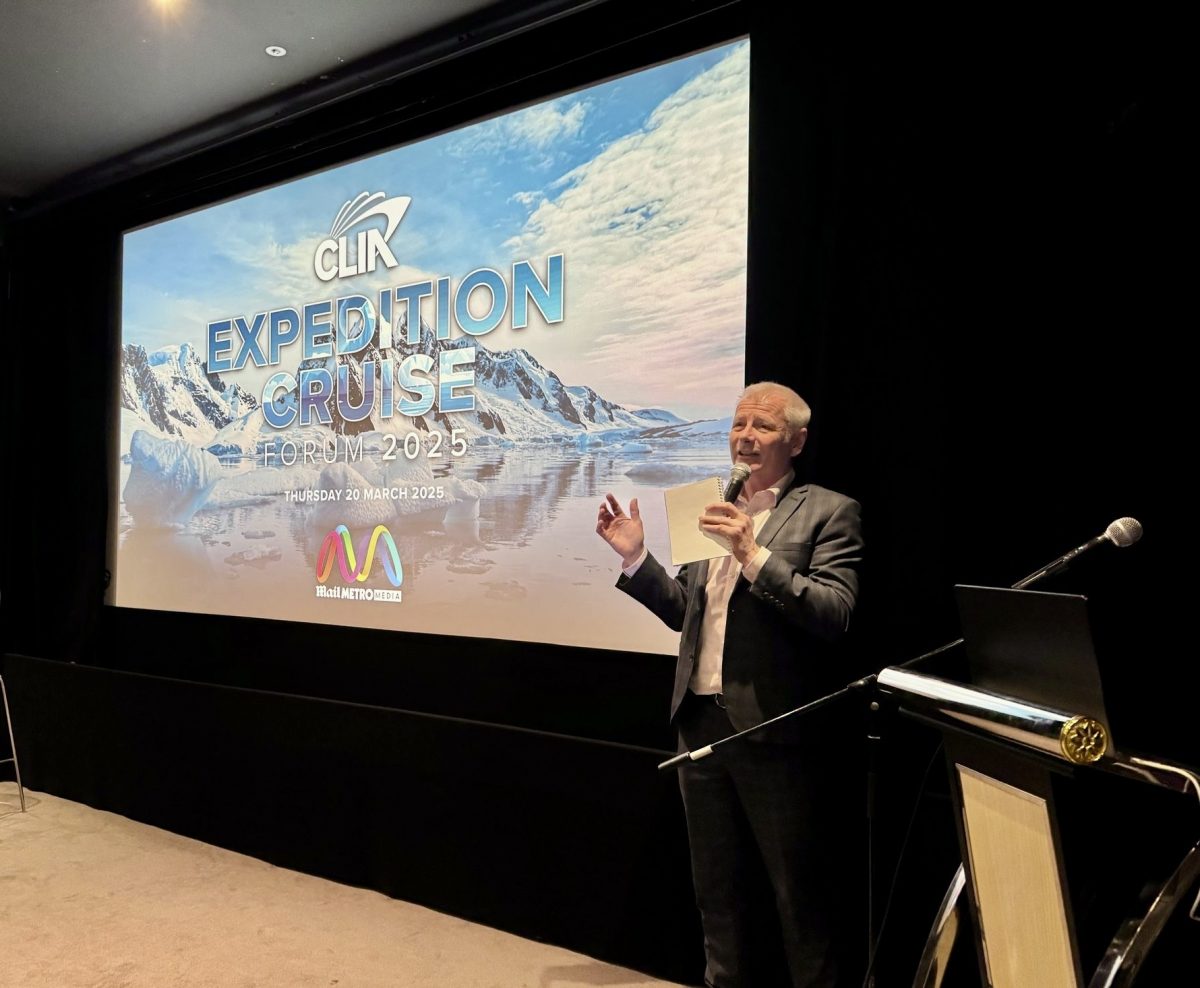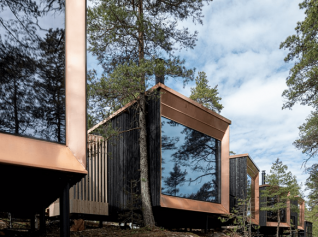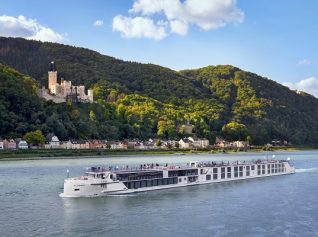Zanzibar – romantic paradise in need of protection

Tourists might be on a journey of destruction in another glorious UNESCO World Heritage site beginning its route to potential overtourism danger
With its dreamy ancient capital, the Stone Town, and a dazzling coastline of sandy beaches and colourful coral reefs, Zanzibar is a must visit for tourists from all over the world – but as yet it has not been discovered.
Now tourists add visibly to the isles population of 1.5 million, especially in Stone Town and along the hotel and resort lined coast. The past 10 years have seen tourist numbers more than double from 150,000 to 376,000. So still not massive.
Tourists come for many reasons. Some just come to lose themselves in this tropical island where life is relaxed, the air is soft, and temperatures rarely dip below 25 degrees.
Stone Town has been a UNESCO World Heritage site since 2000 and wandering around the maze-like streets it’s not hard to see why the romance of this destination lures visitors from across the world.
Others visit Zanzibar for what the coast offers; broad stretches of white sandy beaches, a warm turquoise blue ocean and coral reefs that teem with life. Zanzibar is a tourist paradise.
And visitors are welcome here. Tourism is Zanzibar’s largest economic sector and essential for the island’s socio-economic stability.
It accounts for 27 per cent of GDP, 80 per cent of foreign revenue and provides the highest private sector employment with 72.000 jobs, according to government statistics.
Zanzibar’s government makes no secret of seeing the tourism sector as a mechanism for the island’s economic growth and employment.
Almost 10 per cent of the island’s youth are unemployed and even though there have been improvements, a third of the population still lives under very poor conditions especially in rural areas.
The strategy for Growth and Reduction of Poverty 2015-20 says that tourism not only ought to contribute to the growth of the economy but also to poverty reduction.
It must enrich financially other industries including transport, communication, fisheries, farming, building, technology and trading to the benefit of the population.
But while tourism offers much needed opportunities for economic growth and development, the extra pressure that increasing visitor numbers put on resources, facilities and the environment mean that it is also a significant threat to the island’s future.
"If handled correctly, tourism can be a true blessing for Zanzibar, but if it is not, it can also be a curse and ruin it all", says Mohammed Sheikh, director of Life Science at Tanzania Commission of Science and Technology and professor at State University of Zanzibar.
Mr Sheikh warns that the extended use of the island’s water supply by the many tourists can be an issue if it is not probably handled.
Tourists often consume far more water than they do at home – and far more water than locals do. The average tourist uses 10-15 times more water than a Zanzibarian, Professor Sheikh says.
He adds that this amount does not include water used for watering the green and lush hotel and resort gardens.
With so much of the island’s future tied to tourism, the island’s waste water management system is another concern for the long term sustainable development of Zanzibar.
Every day the island’s sewage pipes dump 2,200 cubic metres of untreated liquid waste and sewage directly into the ocean and the surrounding marine environment of mangroves, sea grasses according to Mr Sheikh.
Some hotels have their own water treatment systems, but most of the smaller hotels and restaurants use the main system and the waste goes straight into the ocean.
Apart from making it a mixed pleasure to swim in the ocean in some places, the liquid waste is also blamed for increasing the deterioration of the coral reefs, mangrove forests and seagrasses.
Tourists also generate far more solid waste than the locals do. Hotels, restaurants, shops, diving and adventure trip organisers all use large amounts of products that come in personal single use plastic packaging.
The ubiquitous small plastic shampoo and shower gel bottles in hotel rooms. Or the individual size breakfast marmalade, honey and butter. Or the plastic lunch boxes the more adventurous visitors take along on day trips to the reefs or smaller islands.
It all adds up, explains Justin Madho, chief executive of Zanrec, a waste disposal social enterprise that helps some of the smaller resorts and hotels recycle and responsibly dispose their garbage.
If you multiply the waste one tourist generates by the number of hotel beds and overnight stays on an annual basis, it gives you the rough picture of the magnitude of Zanzibar’s problem, says Justin Madho.
He thinks that the tourists might be on a journey of destruction, ruining the pristine idyll they came to experience on Zanzibar. His staff are trained to spot the waste that is not bio-degradable but can be recycled; things like plastic containers, glass and paper.
He says that these items mainly come from the resorts and hotels while most of the waste from the villages is organic waste.
Zanzibar’s Research Agenda 2015-20 gives credence to this assumption. Eighty per cent of all waste on Zanzibar is generated at hotels and restaurants, but only 20 per cent of this waste is currently collected for proper disposal; the rest is dumped untreated at unauthorised landfills and dumpsites.
Apart from Zanrec, no private company has so far taken up the challenge of helping the hotels and resorts get rid of the solid waste in an environmentally sustainable manner.
"Unfortunately, we do not have any competitors so far, but we welcome them. All efforts are needed to keep Zanzibar clean," says Justin Madho.
To prevent the negative effects of tourism, Zanzibar’s government made sustainable tourism a priority in its 2020 Vision.
As early as 2012, the administration banned the use of plastic bags. Visitors to Stone Town will notice how clean and neat it is: Hardly a piece of paper is to be found in its streets as rubbish is collected three times a day.
But in other areas, the government’s capacity to handle the situation is limited. It relies on cross-sector co-operation and public private partnerships and calls for investors to follow Zanzibar’s development agendas when they embark on any business venture in tourism.

One of the organisations to take up this call is The Zanzibar Association of Tourism Investors, Zati. It has a membership of 100 small and large hotels and resorts, tour operators, airlines, diving companies and restaurants, and a huge stake in keeping the isles environmentally balanced and clean.
Another area where the call is out for input and collaboration to keep Zanzibar clean is the education and research area.
As per Zanzibar’s Research Agenda 2015-2020, there is incomplete understanding of how hotels affect natural and human environments in Zanzibar and how the effects can be mitigated.
Various research and educational initiatives under way focus on transforming tourism into a sustainable industry that considers Zanzibar’s pristine nature and unique ecosystems.
"There is limited knowledge about how to handle environmental degradation due to lack of waste management. As a university and research institution, we can assist by providing relevant knowledge and data to inform policy formulation and management practices," says Dr Haji Mwevura, Deputy Vice Chancellor, State University of Zanzibar.
To this end, the university is working with Aarhus University and University of Copenhagen under a project dubbed "Building Stronger Universities."
According to Dr Mwevura, the project began as a university capacity building programme in 2008. It is now focusing on research and training in environmental health and marine ecosystems.
The aim is to create and spread research based knowledge on how to secure the long-term sustainable development of Zanzibar as a tourist destination.
One of the outcomes of the Building Stronger Universities projects is a degree programme in environmental health.
Biubwa Fally Ally, who is an assistant lecturer of the Environmental Health programme, has recently seen her first batch of students graduating. She feels it is everyone’s responsibility to keep Zanzibar clean. She tries to infuse the same sense of responsibility to her students.
"When I teach my students waste management I will take them to a relevant site, for example, a waste disposal or collection point and ask them to develop a solution to the problems they see based on their experience and knowledge," says Ms Ally.
Developing Zanzibar and its tourist industry while at the same time keeping it clean and ecologically well-balanced is a delicate balance. However, it must be done in such a way that Zanzibar does not become the victim of its own popularity.
Source: The East African
Valere Tjolle
 United Kingdom
United Kingdom United States
United States Asia Pacific
Asia Pacific












































Qatar Airways adding Manchester flights
EU entry-exit system delayed again
ATC strike in Greece could disrupt flights this week
Jet2 unveils Samos as new Greek destination for summer 2026
Icelandair launches inaugural flight to Nashville